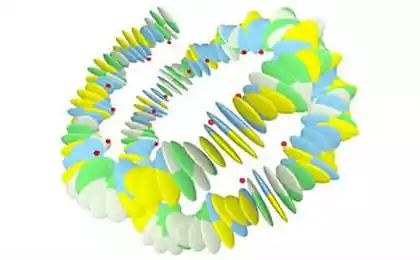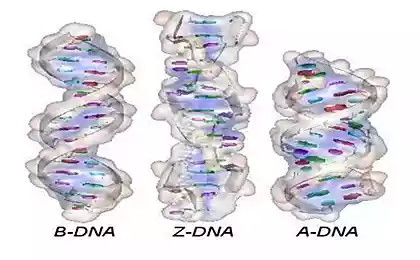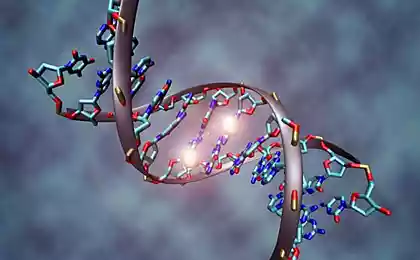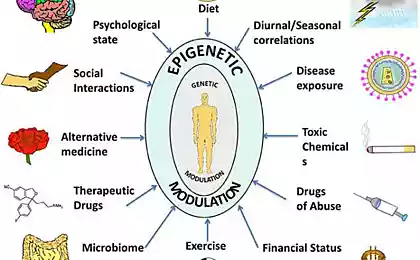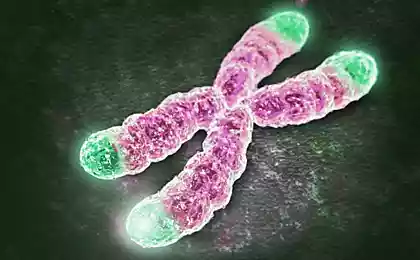476
Found a protein able to prolong youth
We are all familiar with the phenomenon of aging is when the passage of time affects the body and all processes in it are undergoing change. Scientists have long known that telomeres play an important role in aging and even in the occurrence of aging, they act as a kind of hours. It seemed that everything will remain in place and prolong life is impossible, however, found a protein that regulates the length of telomeres.
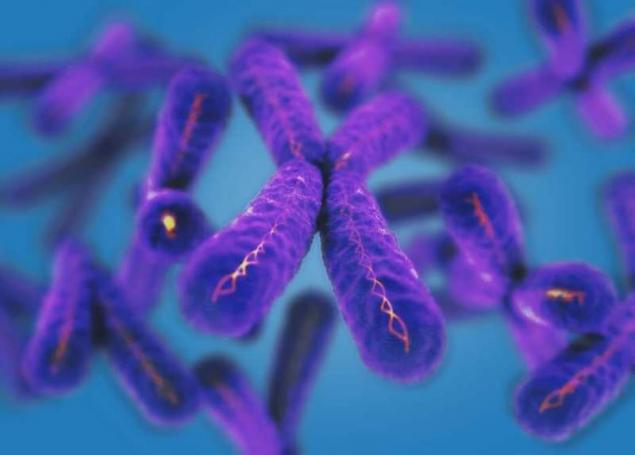
Every time a cell divides, a tiny portion of DNA is lost, this could have a negative impact on the body, but it's a solid machine, because everything has podstrahovat, in this case — this is the telomeres. They take all the hit and in the process, divisions become smaller and weaker, and eventually this fuse simply burns out.
"Telomeres represent a clock for cells," says associate Professor Lazzerini Denchi, the study's author: "You are born with telomeres of a certain length, and each time a cell divides, it loses a little bit of the telomere. When the telomere is too short the cell can no longer share."
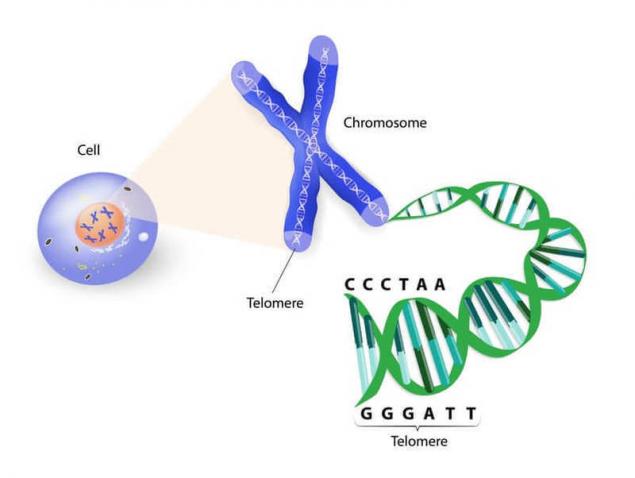
Back in 2010, in one Harvard study failed to slow down and even reverse the aging process in mice by manipulating telomerase, the enzyme that helps restore telomeres. Breakthroughs were in the human cells. But it was not as easy lengthening of telomeres not only prolongs life but also increases the risk of cancer, as the cells begin to allow cancer cells to spread, increasing the risk of developing tumors.
"These cellular clocks must be finely tuned for sufficient mobile units for the development of differentiated tissues and maintain renewable tissues in our body and, at the same time, to limit the spread of cancer cells," says Lazzerini Denchi.
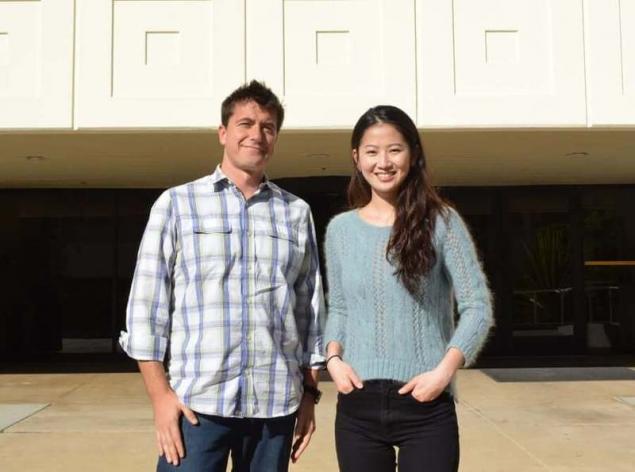
Until recently, scientists thought that they know all the proteins that are associated with telomeres, but now scientists from the SCRIPPS research Institute discovered a new protein called TZAP.
TZAP role is to monitor the process of circumcision of the telomere, and he was able to keep the size of the telomeres long enough to extend the life, but not long enough to provoke disease.
Now TZAP scientists see as a real key, not to the eternal, but very long-lasting youth. published
Source: newatlas.com/tzap-protein-regulates-cellular-aging/47411/

Every time a cell divides, a tiny portion of DNA is lost, this could have a negative impact on the body, but it's a solid machine, because everything has podstrahovat, in this case — this is the telomeres. They take all the hit and in the process, divisions become smaller and weaker, and eventually this fuse simply burns out.
"Telomeres represent a clock for cells," says associate Professor Lazzerini Denchi, the study's author: "You are born with telomeres of a certain length, and each time a cell divides, it loses a little bit of the telomere. When the telomere is too short the cell can no longer share."

Back in 2010, in one Harvard study failed to slow down and even reverse the aging process in mice by manipulating telomerase, the enzyme that helps restore telomeres. Breakthroughs were in the human cells. But it was not as easy lengthening of telomeres not only prolongs life but also increases the risk of cancer, as the cells begin to allow cancer cells to spread, increasing the risk of developing tumors.
"These cellular clocks must be finely tuned for sufficient mobile units for the development of differentiated tissues and maintain renewable tissues in our body and, at the same time, to limit the spread of cancer cells," says Lazzerini Denchi.

Until recently, scientists thought that they know all the proteins that are associated with telomeres, but now scientists from the SCRIPPS research Institute discovered a new protein called TZAP.
TZAP role is to monitor the process of circumcision of the telomere, and he was able to keep the size of the telomeres long enough to extend the life, but not long enough to provoke disease.
Now TZAP scientists see as a real key, not to the eternal, but very long-lasting youth. published
Source: newatlas.com/tzap-protein-regulates-cellular-aging/47411/
Jason fried: People spend 80 hours on something that can be done in 30
Keep weight under control: a SUPER healthy green smoothie





